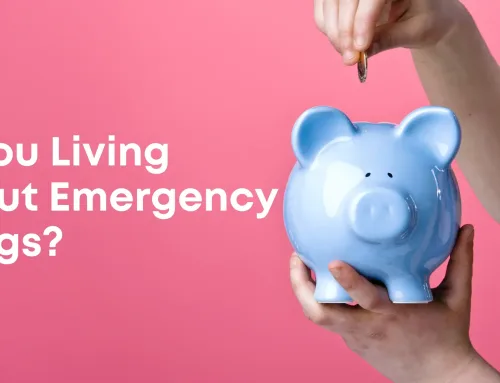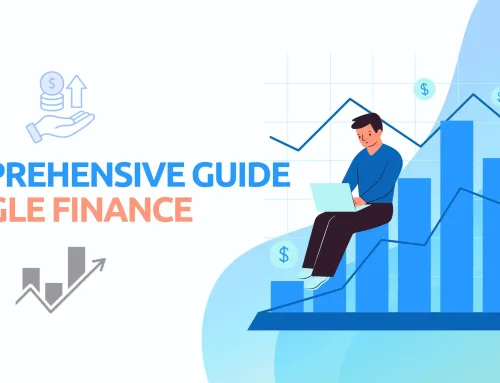If you are a Canadian citizen, it is important that you understand the basics of criminal law and when you may need a criminal defence lawyer.
Criminal law governs offences against the state and can result in imprisonment or other penalties. This article will discuss five things that you should know about criminal law in Canada.
1. The Types of Offences Which Criminal Law Covers
Criminal law in Canada covers a wide range of offences, from the relatively minor (such as traffic offences) to the more serious (such as murder). However, there are some general categories that most offences fall into.
For example, many offences are classified as either crime against the person or property crimes. Crimes against the person include violence against another person, such as assault or battery. Property crimes, on the other hand, involve damage to or theft of property, such as burglary or vandalism.
Related: R Mat Cleaner
There are also a variety of white-collar crimes, which are committed by businesses or government officials and typically involve fraud or embezzlement. As you can see, criminal law in Canada covers a wide range of activities.
2. What Constitutes a Criminal Offence?
Generally speaking, acts of deliberate violence, handling or dealing in illegal weapons or substances, and acts of theft or handling stolen property are considered to be criminal in Canada (as they are in most places). However, there are some important exceptions to this rule.
For example, self-defence is usually not considered a criminal offence as long as the force used is reasonably necessary to protect oneself from harm. Similarly, if you accidentally injure someone, you will not typically be charged with a crime (although you may still be civilly liable). Other defences to criminal charges may include mental illness, intoxication, and duress.
If you are facing criminal charges, it’s important to consult with an experienced criminal defence lawyer to discuss the specific facts of your case and determine what defence may be available to you.
3. The Potential Penalties for Criminal Offences
If you are convicted of a criminal offence in Canada, you could be subject to a variety of different penalties. The most serious penalties, such as imprisonment, are typically reserved for the most serious offences. However, even minor offences can result in significant consequences, such as a hefty fine or a criminal record.
If you are facing criminal charges, it’s important to understand the potential penalties so that you can prepare for the worst-case scenario.
4. The Rights of the Accused and Burden of Proof in Criminal Cases
In Canadian criminal law, the rights of the accused are protected by the charter and the burden of proof rests with the Crown. The charter guarantees that everyone has the right to a fair trial, and the Crown must prove beyond a reasonable doubt that the accused is guilty.
This means that the accused does not have to prove his or her innocence, and if there is any doubt about the accused’s guilt, the individual must be acquitted. The burden of proof is a high standard, and it ensures that innocent people are not convicted of crimes they did not commit.
However, it also means that some guilty people may go free. In the end, it is up to the jury to decide whether or not the accused is guilty, and they must weigh the evidence carefully to reach a fair verdict.
5. Know When You Need a Lawyer
While it’s always a good idea to consult with a lawyer if you’re facing criminal charges, there are some cases where it’s absolutely essential. For example, if you’re facing serious accusations, you will almost certainly need a lawyer.
Even if you’re charged with a less serious offence, you may still want to consult with a lawyer to ensure that you understand the charges against you and the potential penalties. In some cases, it may even be possible to have the charges dropped or reduced if you have a lawyer represent you.
If you’re facing criminal charges, contact an experienced criminal defence lawyer to discuss your case and explore your legal options.







